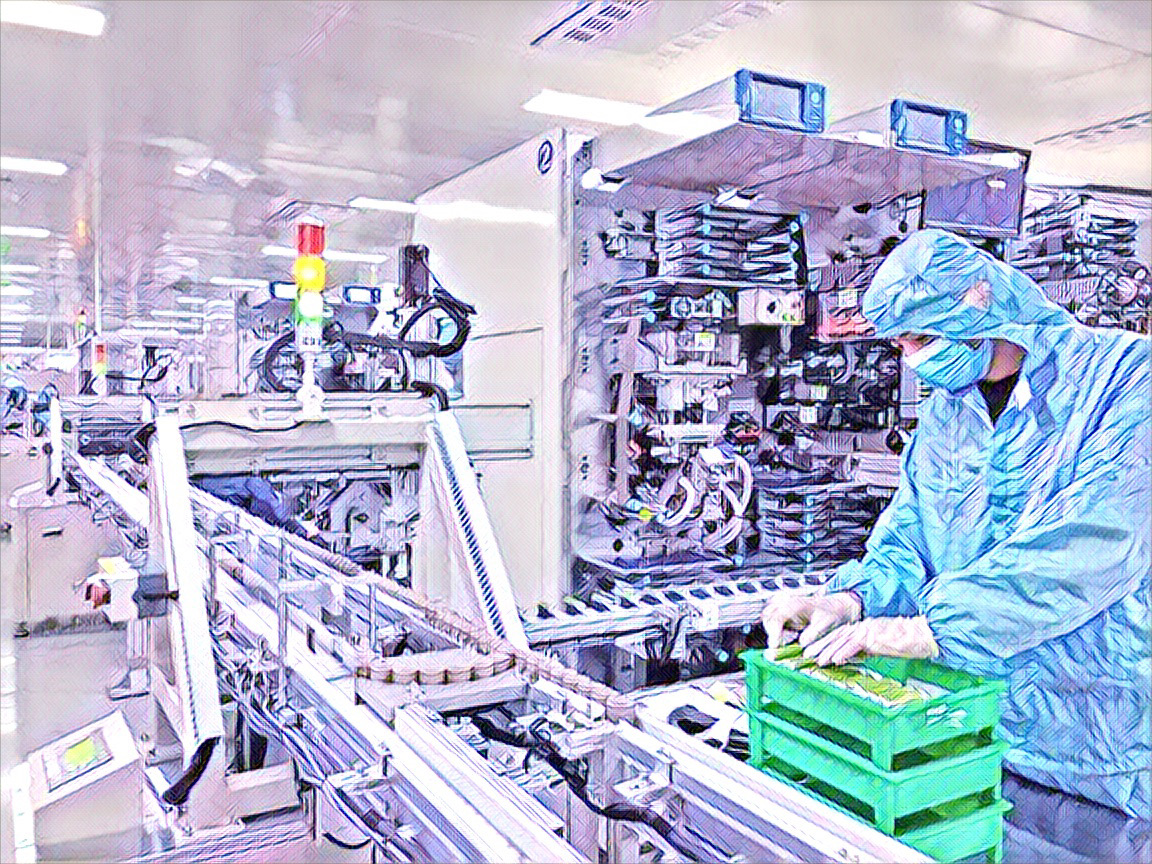Zimbabwe is set to become the first African country to produce lithium batteries for electric vehicles, thanks to a breakthrough by the Harare Institute of Technology (HIT). The university has successfully developed a lithium phosphate battery cell to power passenger cars with zero emissions.
Lithium is a key ingredient in producing clean energy technologies, especially for electric vehicles that are expected to dominate the global market soon. Zimbabwe has some of the world’s largest hard-rock lithium reserves, giving it a strategic advantage in the battery industry.
According to HIT Vice Chancellor Dr Quinton Kanhukamwe, the university has been working on lithium battery production since 2020, when it started to purify lithium carbonate from local sources. The next step was to further beneficiate the battery-grade lithium carbonate to produce lithium phosphate, which has improved chemical characteristics for battery production.
“As a result, your university has been successful in developing a lithium phosphate 3.2V, 60Ah battery cell; when coupled in either parallel for more voltage or series for enhanced current, the cells will produce sufficient power to drive passenger vehicles,” he said at the university’s 14th graduation ceremony yesterday.
“Our vision is to start commercial production of lithium batteries for vehicles in 2024,” he added.
Dr. Kanhukamwe said the university was producing 639 engineering and technology graduates equipped with the skills and mindset to set up hi-tech enterprises and contribute to Zimbabwe’s rapid industrialization and modernization.
He also highlighted other innovations by the university, such as oil and dry power distribution transformers, cotton seed development and improvement, and three spin-off companies that offer biotechnology, radiography, and machine design solutions.
He said HIT collaborated with several foreign universities from China, Russia, America, Indonesia, and Belarus to improve the quality of research and innovation outputs. He also mentioned a training partnership with Rwanda’s Ministry of Health in radiography and ultrasound degree programs.
The lithium battery breakthrough by HIT has attracted attention from other African countries that are also rich in lithium resources, such as Namibia and Mali. According to The Africa Report, Africa must assume its place in the global battery race and develop its manufacturing capacity to avoid being left behind by China and other major players.
The report also noted that Africa could benefit from the growing demand for electric vehicles and renewable energy by creating jobs, reducing emissions, and increasing energy security. However, it also warned that Africa must address the challenges of infrastructure, governance, and environmental protection to ensure the sustainable development of its lithium resources.
Zimbabwe’s President Emmerson Mnangagwa, who capped 639 students at HIT yesterday, praised the university for its achievements and urged it to continue its innovative projects. He said his government was committed to supporting education and research as key economic growth and social transformation drivers.
He congratulated Shabour Banda, who graduated with a Bachelor’s Degree in Technology, Information Security, and Assurance and won the Emmerson Dambudzo Mnangagwa Chancellor’s Award for outstanding academic performance.
Source: The Herald


